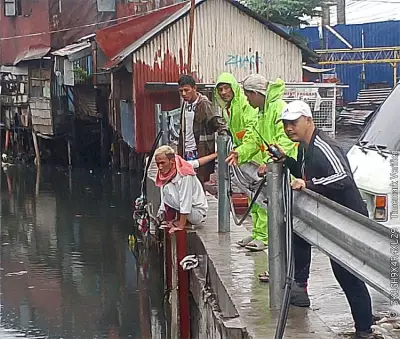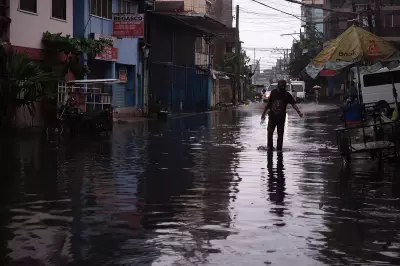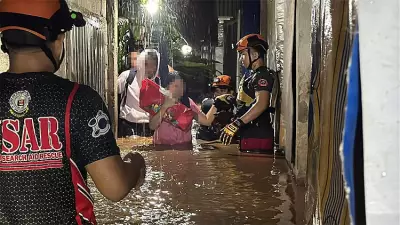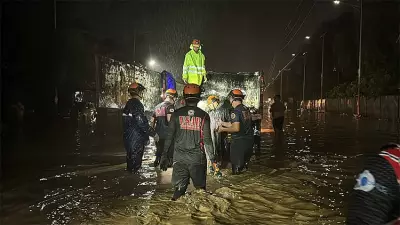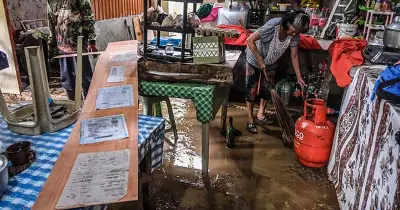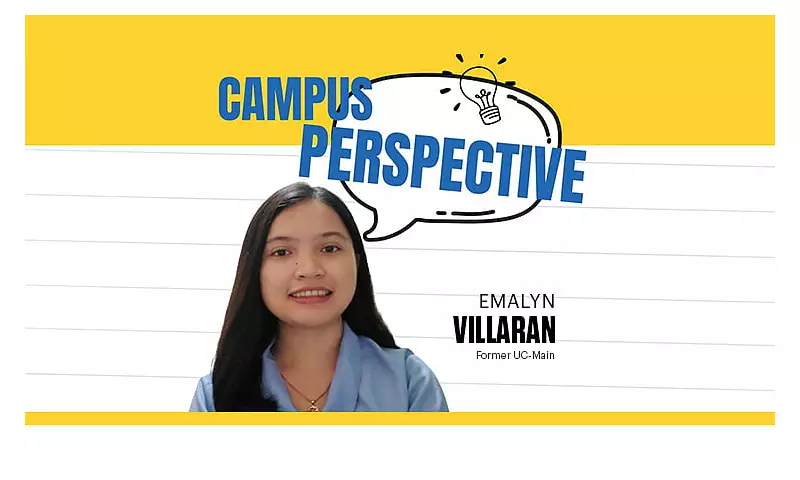
Classes Resume in Cebu Despite Typhoon Aftermath
Just two days after Typhoon Tino battered the province, several universities in Cebu decided to push through with their academic schedules. This move to continue classes, using either synchronous or asynchronous online modalities, came as the province was still reeling from the storm's severe impact.
Widespread Damage and Power Outages
Typhoon Tino made landfall in Cebu on Tuesday around 5 a.m., leaving a trail of destruction in its wake. The storm's aftermath included floating and piled-up cars in Talisay City and submerged houses in Liloan. Tragically, there were also reported deaths across the province.
As of November 6, 2025, the Visayan Electric company reported on its Facebook page that it had restored electricity to only 66 percent of its total customers. This meant that a significant portion of the population remained without power. Furthermore, communication was severely hampered, with weak signals in most areas and a complete absence of internet connection for many.
Student and Faculty Struggles Ignored
Despite these challenging conditions, numerous educational institutions announced the resumption of classes starting November 6, Thursday. This decision was met with immediate appeals from the student body for a suspension.
Students took to social media to voice their frustrations, highlighting the disconnect between university administrations and the reality on the ground. Many explained that they were unable to attend online classes or complete academic work because their homes were damaged by flooding. Some even faced difficulties in buying basic necessities as typhoon debris blocked their routes.
The situation also affected teachers, who could not perform their duties effectively if they were also dealing with personal crises and property damage. The simple act of shifting to online modalities did not solve the fundamental issues of safety, security, and well-being.
A Call for Empathy and Action
While it is understood that universities face difficulties in adjusting academic calendars due to frequent calamities, the primary responsibility at this time should be the welfare of students and faculty. Merely announcing a shift to online learning is not a sufficient display of care.
There is a growing call for institutions to offer genuine empathy by suspending classes when both online and face-to-face learning are not feasible. This should be coupled with tangible emotional support and relief assistance for those most affected by the typhoon, including students and staff who have lost homes or are otherwise in distress.

